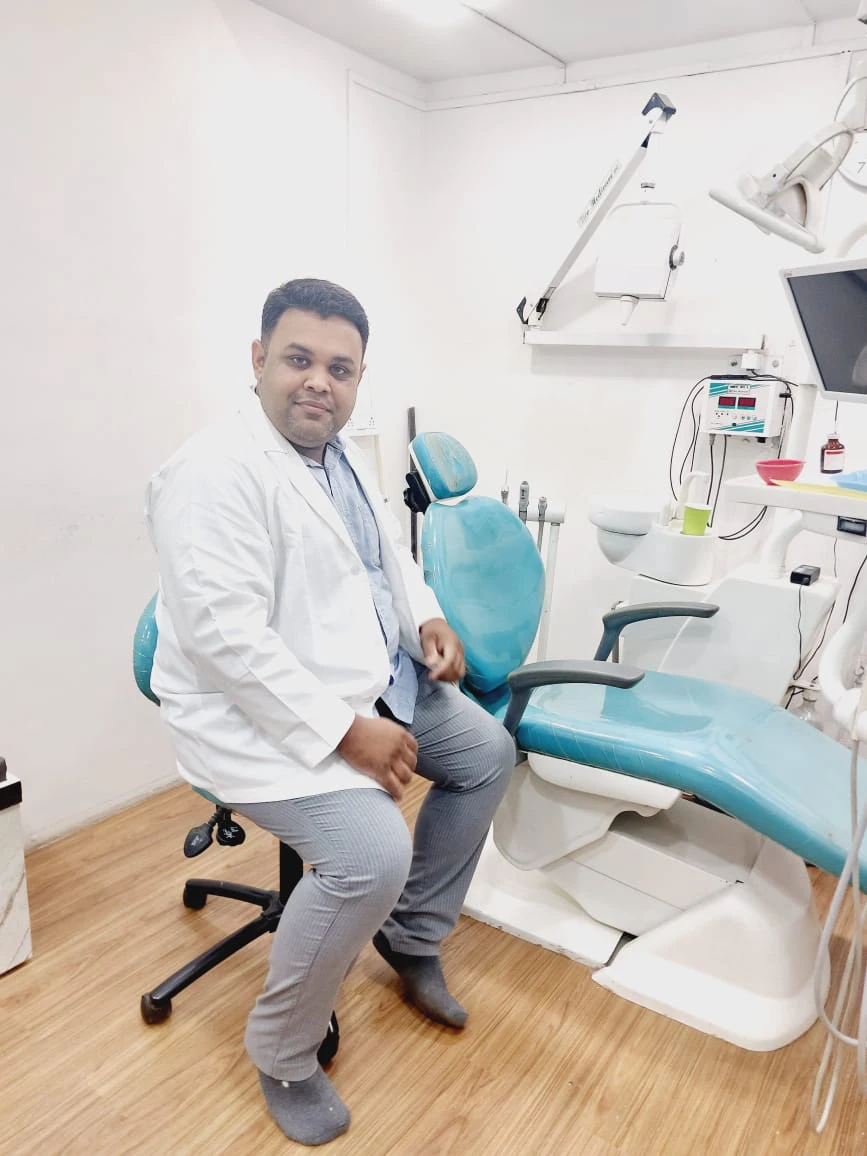×
Please select City And Area.
Best Doctor List Near You for Tooth Polishing in Nesh
Best psoriasis doctors near me

Tooth polishing is a dental procedure aimed at enhancing the smoothness and aesthetic appearance of the teeth following professional cleaning. The process usually occurs after a thorough prophylaxis, which involves the removal of plaque and tartar from the tooth surfaces. During tooth polishing, a specialized, abrasive paste is applied to the teeth using a slow-speed dental handpiece equipped with a rubber cup or a soft brush. This polishing paste contains mild abrasives that help eliminate remaining stains, discolorations, and surface irregularities without damaging the tooth enamel. The procedure is typically quick and can be completed in a single dental visit, making it a convenient option for patients seeking to improve their oral hygiene and dental aesthetics. It plays a significant role not only in enhancing the attractiveness of a smile but also in making it more difficult for plaque to accumulate, hence contributing to better long-term dental health. Tooth polishing can be particularly beneficial for patients who consume staining foods or beverages, such as coffee, tea, or red wine, as well as those who smoke, as these habits can lead to intrinsic and extrinsic stains on the enamel. The sensation during the polishing process is generally mild, although some patients may experience slight discomfort or sensitivity, particularly if they have existing dental issues. Dental professionals usually assess the condition of a patient's teeth before deciding on the appropriateness of polishing. It is important to note that tooth polishing is not a substitute for regular dental care, including daily brushing and flossing, and routine dental visits for cleanings and examinations. In fact, polishing should complement a comprehensive oral hygiene routine rather than replace it. For optimal results, polishing should be performed by trained dental professionals who can tailor the procedure to the individual needs of the patient. It is also advisable for patients with certain dental conditions, like advanced gum disease or deep cavities, to consult their dentist before undergoing a tooth polishing procedure. Furthermore, while some patients are eager to have their teeth polished frequently for cosmetic reasons, dentists typically recommend that the frequency should be based on a patient's oral health needs and conditions to avoid unnecessary enamel wear. Overall, tooth polishing serves as an effective adjunct to routine dental cleanings, contributing to a more attractive smile and promoting better oral health by minimizing the risk of plaque accumulation. Ultimately, understanding the benefits and limitations of tooth polishing can help patients make informed decisions about their dental care, allowing for a smile that is not only beautiful but also healthy.
